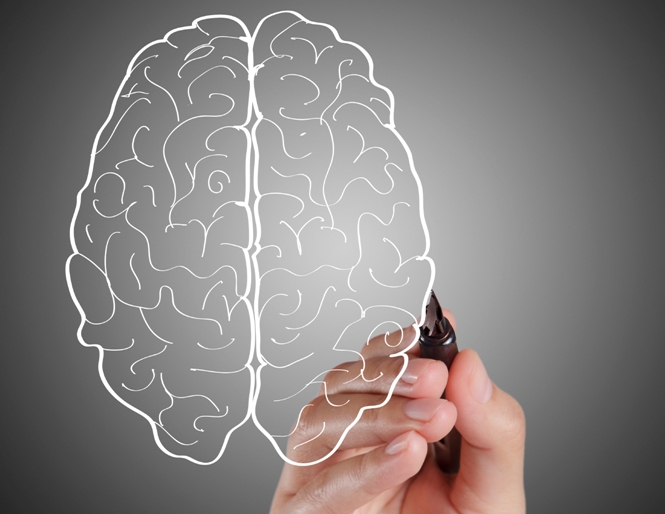Mindfulness Practice has been studied and found to be a useful and therapeutic adjunct in weight loss.[1]
As a functional medicine physician, one thing that mindfulness can do that I have found to be clinically very helpful is to direct it at eating itself. A lot of people eat by the “chomp and swallow” technique which causes indigestion and gut dysbiosis.
Mindfulness helps us recognize our eating behavior. Are you gulping food down? Standing at the counter eating dinner and talking while eating?
Eating Mindfully
Mindfulness can help you slow down and eat more consciously. Mindfulness can break each step of eating into its components, from looking at food, enjoying its aroma, to picking up the utensil, to scooping up the food, to lifting it to the mouth, to opening the mouth, to the first contact with the tongues, to tasting the food, to noticing the intention to chew it, to actually chewing it, to noticing the intention to swallow to actually swallowing it. Done properly, mindful eating can take a while, but for those of us trained to chomp and swallow, its well worth the time. Also, it can aid weight loss, because food is much more exciting experience when we bring mindfulness into the picture, so satisfying in fact, that we can get by with less.
Read More.png?width=305&height=132&name=NIHAlogoBLUE_3_transparent%20(2).png)










